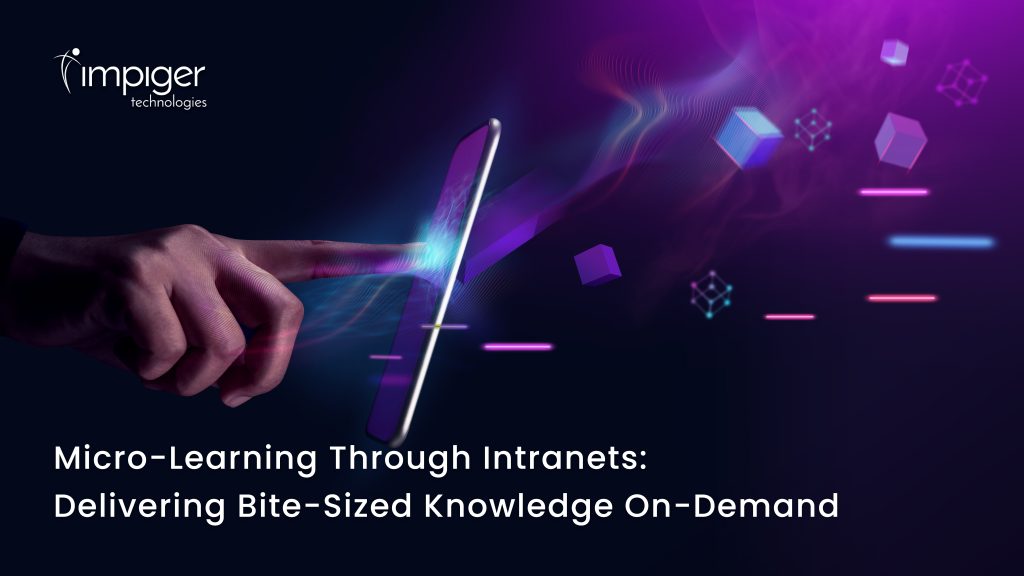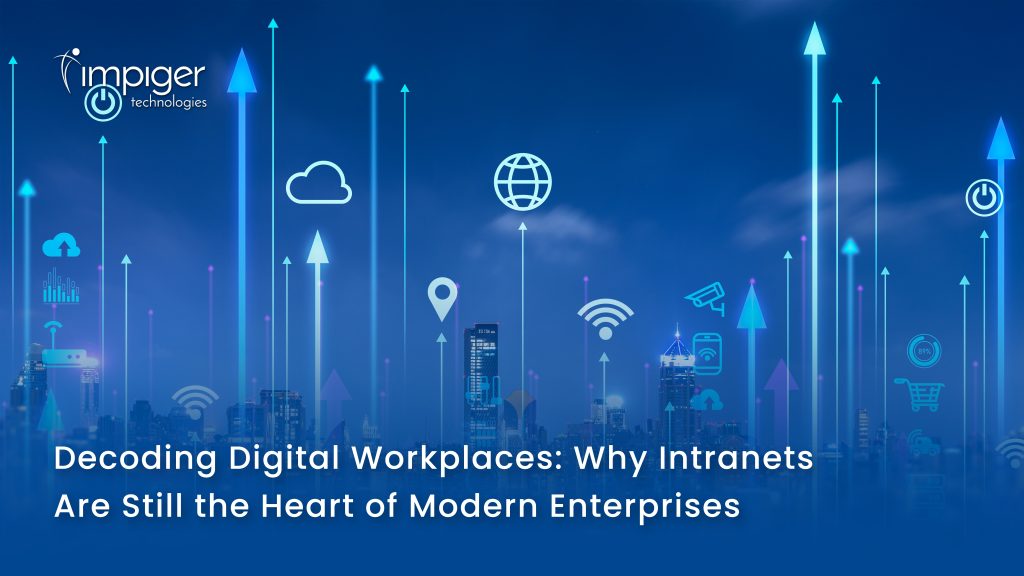The rapid advancements in Artificial Intelligence (AI) are reshaping industries and transforming the way we work. As AI technologies continue to evolve, they are not only impacting the tasks we perform but also fundamentally changing the job landscape. This blog explores the profound influence of AI on the future of work, examining the opportunities, challenges, and strategies for individuals and organizations to thrive in this new era.
AI’s Role in the Changing Job Landscape
AI is redefining job roles across various sectors. Routine and repetitive tasks are being automated, allowing human workers to focus on tasks that require creativity, critical thinking, and emotional intelligence. AI-driven data analysis and insights enhance decision-making processes, leading to more informed strategies.
Opportunities for Upskilling and Reskilling
While AI may automate specific tasks, it also creates opportunities for upskilling and reskilling. To remain relevant, individuals can acquire new skills that complement AI systems, such as data interpretation, AI programming, and machine learning. Companies can invest in training programs to equip their workforce with the necessary skills to collaborate effectively with AI technologies.
Enhanced Efficiency and Productivity
AI’s ability to process and analyze vast amounts of data quickly leads to improved efficiency and productivity. Chatbots, virtual assistants, and AI-powered tools streamline communication and workflow, allowing employees to focus on high-value tasks. Predictive analytics help organizations make proactive decisions, optimizing resource allocation and performance.
New Job Roles in AI Development and Management
The rise of AI necessitates creating new job roles centred around its development and management. AI engineers, data scientists, and machine learning specialists are in high demand as organizations strive to harness AI’s potential. These professionals play a crucial role in designing, implementing, and fine-tuning AI systems.
Ethical Considerations and Human-Centric Approach
As AI becomes more integrated into the workplace, ethical considerations gain prominence. Ensuring fairness, transparency, and accountability in AI decision-making processes is crucial. A human-centric approach to AI implementation ensures that technology complements human skills rather than replacing them, fostering collaboration and innovation.
Challenges and Mitigation Strategies
The evolving job landscape also presents challenges. Job displacement due to automation remains a concern. To address this, governments, industries, and educational institutions can collaborate to create reemployment programs, offering support and opportunities to those affected by AI-driven changes.
Adaptability and Continuous Learning
Adaptability and continuous learning are essential to thrive in the AI-driven job landscape. Individuals who embrace a growth mindset and actively seek opportunities to learn new skills will be better equipped to navigate evolving job requirements. Lifelong learning and a willingness to embrace change become invaluable assets.
Final Thoughts
AI’s impact on the job landscape is undeniable, prompting a shift in how we work and the skills we need. As AI technologies advance, individuals and organizations must proactively embrace change, focus on skill development, and adopt ethical AI practices. By doing so, we can harness the power of AI to create a future of work that is collaborative, innovative, and driven by human-AI synergy.











